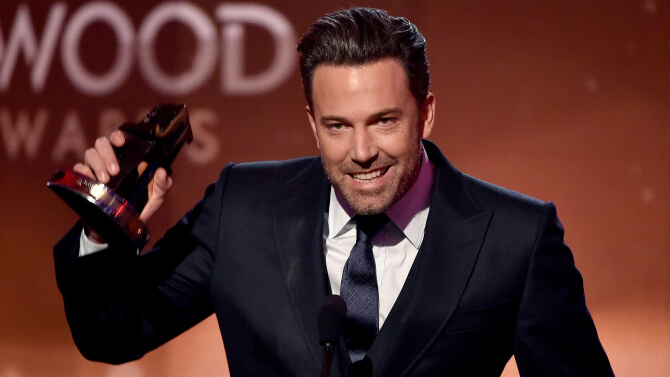Affleck, a Yale undergraduate and vocal public health advocate, recalls evacuating to a hotel with her family as flames tore through the affluent Los Angeles neighborhood
Violet Affleck, the 19-year-old daughter of actors Ben Affleck and Jennifer Garner, is shedding new light on her family’s experience during the devastating Pacific Palisades fire earlier this year, drawing striking connections between climate disaster, public health, and chronic illness in a new essay published by the *Yale Global Health Review*.
Affleck, a Yale undergraduate and vocal public health advocate, recalls evacuating to a hotel with her family as flames tore through the affluent Los Angeles neighborhood in January. The family had been residing in a \$53,000-a-month rental in the Palisades while Garner’s Brentwood estate was under renovation. “I spent the January fires in Los Angeles arguing with my mother in a hotel room,” Affleck wrote. “She was shell-shocked… I was surprised at her surprise.”
The fire was part of a wave of destructive blazes across Los Angeles County that collectively burned over 66,000 acres, destroyed more than 16,000 structures, and claimed at least 30 lives, according to Cal Fire. The Palisades and nearby Altadena were among the hardest-hit communities. A recent UCLA report estimates that the Palisades and Eaton fires may have caused up to \$164 billion in damages.
Though her family was ultimately safe—Garner later shared that her own home was spared—Affleck described a deep disillusionment with the public response to the fire and its framing as a freak disaster. “As a lifelong Angeleno and climate-literate member of Gen Z, my question had not been whether the Palisades would burn but when,” she wrote.
Affleck used the experience to explore broader systemic failures in how society handles climate and public health crises. Drawing on her experience as a person with a chronic illness, she likened the reactive nature of wildfire response to the early days of the COVID-19 pandemic, critiquing the tendency to ignore scientific warning signs until catastrophe strikes. “Our bewildered response to crises like the LA fires tells us we may still be accustomed to addressing the climate crisis like the COVID-19 pandemic: as a question of how fast we can get back around to pretending like the problem is gone,” she wrote.
Affleck also addressed the ongoing risks of COVID-19, particularly the often-overlooked long-term effects of infection such as Long COVID and myalgic encephalomyelitis (ME), which she described in detail. She argued that disabled and chronically ill communities—who have long had to “pace” their energy and prepare for crisis—offer a vital model for climate resilience.
Citing the work of grassroots mutual aid groups like MaskBlocLA, which distributed thousands of masks during both COVID surges and the fires, Affleck emphasized the need for a proactive, community-centered approach to public health and environmental response.
“Success is measured not by a fast and furious response at the moment of crisis,” she wrote, “but by the absence of a need for intervention.”
This is not Affleck’s first foray into public advocacy. Last year, she spoke before the Los Angeles County Board of Supervisors, urging officials to reinstate mask mandates in healthcare settings. Her continued advocacy has drawn praise from public health experts and disability justice activists alike.
While her essay delves into personal and painful topics, it closes on a call for hope, preparation, and structural change. “We can ‘follow the science’ even when it scares us,” she wrote, “instead of insisting that ‘we have to live our lives’ until those lives go up in flames.”












